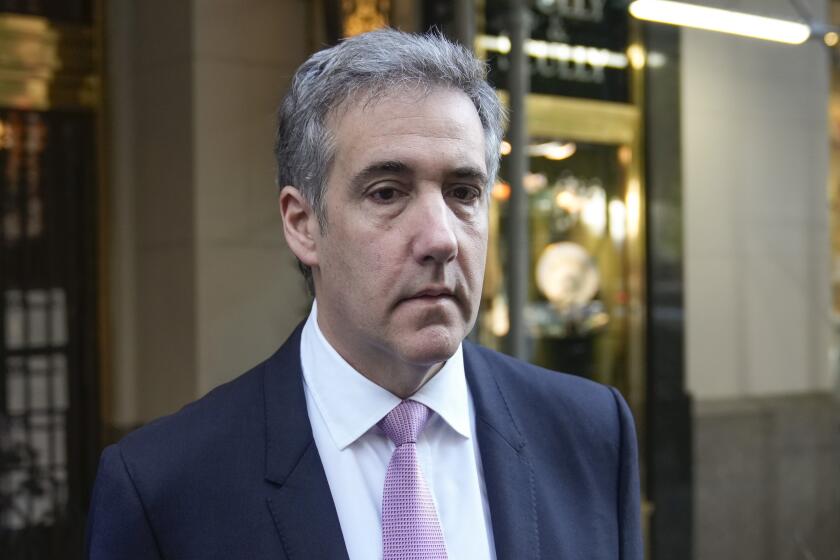Environment Under Attack
Environmentalists are bracing for the return of the undead in Congress, particularly the opening of the Arctic National Wildlife Refuge to oil drilling. This proposed industrialization of fragile tundra will almost certainly return to life with the new Republican Senate majority.
Other Bush administration proposals that will continue to speed along include the smashing of popular rules to restrict polluting snowmobiles in national parks, the revved-up opening of public land for destructive coal mining and oil and gas drilling and even an attack on the nation’s most basic environmental law.
There was no substantial debate on the environment in the midterm campaign, overshadowed as it was by terrorism and related matters. This has allowed the administration to work quietly and attract little attention to many of its initiatives.
One of the administration’s more obscure moves may be its most far-reaching -- an attack on enforcement of the landmark National Environmental Policy Act of 1969, signed into law by President Nixon. The Bush team wants to limit the required environmental studies on the effects of energy production, logging and other controversial uses of federal waters and land. An assistant Interior secretary, Lynn Scarlett, said the administration wanted to return to the original intent of the law as a “tool that can help us make wise decisions.”
This is bureaucratic doubletalk. Environmental studies often disclose unexpected potential for major damage. They also measure cumulative effects. They allow the public to participate by attending meetings and writing to the agency involved. They force federal agencies to weigh the value of a project -- from a highway modification to a strip mine -- against the harm caused, to consider alternatives and mitigate damage. Under the reinterpretation, many federal actions can be exempted. Others can proceed with a less-rigorous environmental “assessment.”
The process can be cumbersome. That’s the way it should be. The law forces federal officials to think harder about the consequences of their actions and gives citizens some say in how the federal estate is cared for.
The law itself says its purpose is to recognize “the critical importance of restoring and maintaining environmental quality” through the use of “all practicable means and measures.” The administration must not remold it to fit a different intent.
More to Read
Get the L.A. Times Politics newsletter
Deeply reported insights into legislation, politics and policy from Sacramento, Washington and beyond. In your inbox three times per week.
You may occasionally receive promotional content from the Los Angeles Times.






